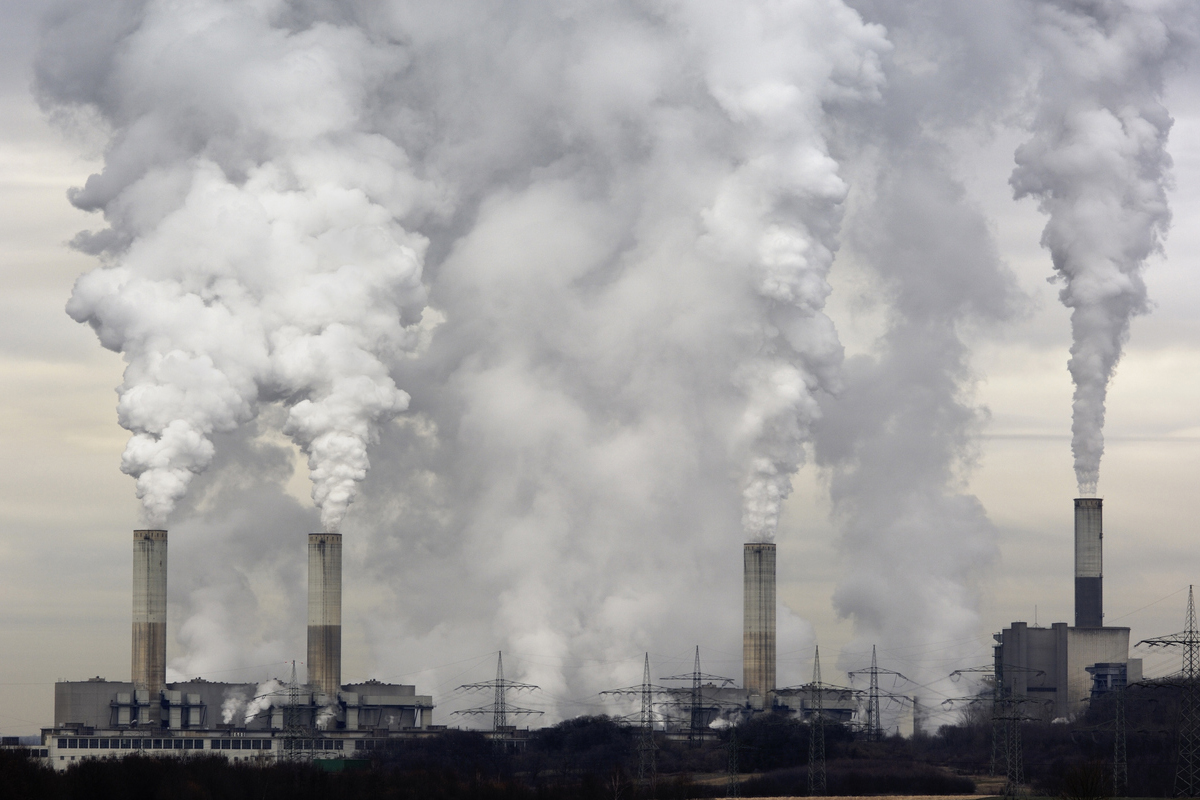South Asia is home to nine of the world’s 10 cities with the worst air pollution, and Dhaka is one of them, said a World Bank report presented in the capital of Bangladesh.
Air pollution is responsible for about 20 per cent of the total premature deaths in Bangladesh, Xinhua news agency reported, citing the World Bank report.
Advertisement
The World Bank report noted that there are economically feasible, cost-effective solutions to achieving clean air in the region, but this requires countries to coordinate policies and investments.
The report titled “Striving for Clean Air: Air Pollution and Public Health in South Asia” said concentrations of fine particulate matter such as soot and small dust (PM2.5) in some of the region’s most densely populated and poor areas are up to 20 times higher than the World Health Organization (WHO) standard.
In South Asia, it causes an estimated 2 million premature deaths each year and incurs significant economic costs. Exposure to such extreme air pollution has impacts ranging from stunting and reduced cognitive development in children, to respiratory infections and chronic and debilitating diseases.
This drives up healthcare costs, lowers a country’s productive capacity, and leads to loss of workdays.
“Air pollution creates a serious threat to public health and has major consequences on economic growth,” said Abdoulaye Seck, World Bank country director for Bangladesh and Bhutan.
“Bangladesh has already taken steps to improve air quality management, including the approval of the Air Pollution Control Rules. Along with strong national actions, transboundary solutions will be important to curb air pollution,” said the official.
The report identifies six major airsheds in South Asia where spatial interdependence in air quality is high, saying Bangladesh, India, Nepal, and Pakistan share a common airshed that spans the Indo Gangetic Plain.
“Air pollution is not limited to a city, state, or national boundaries- it is transboundary in nature,” said Cecile Fruman, World Bank director for Regional Integration for South Asia.
“South Asian Countries in the same airshed — common geographical areas that share the same air quality — can reduce the alarming level of air pollution only if they take a coordinated approach,” Fruman said.
To achieve greater progress, the report said the focus of policymakers should expand into other sectors, particularly small manufacturing, agriculture, residential cooking, and waste management.











